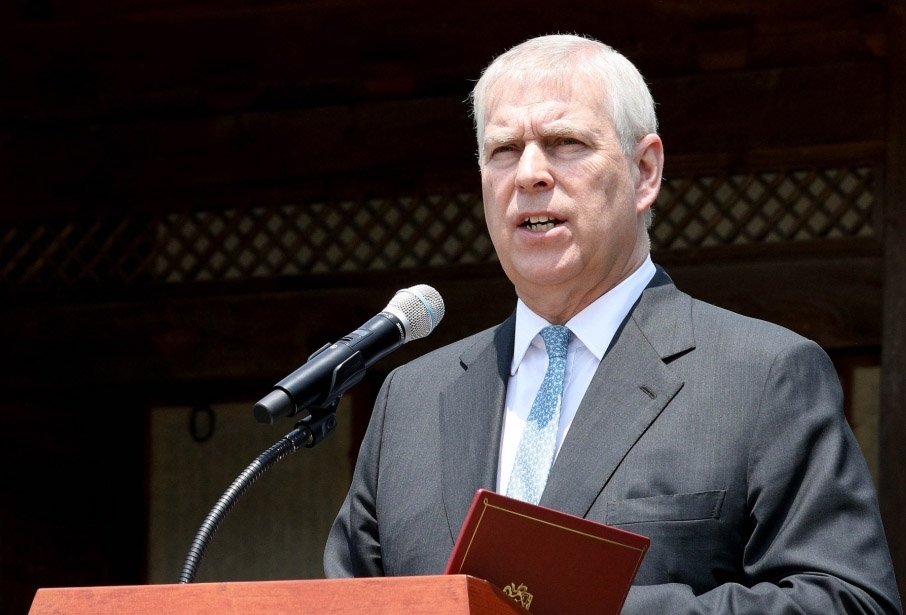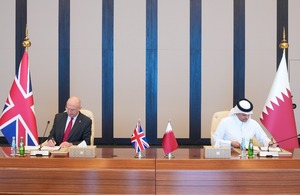King Charles draws a firm line within the royal family, stripping Andrew of remaining titles and forcing his move to Sandringham as fallout from the Epstein scandal persists.
Britain’s monarchy has taken one of its most severe internal steps in decades, with King Charles III formally stripping Prince Andrew of his final royal title and moving to evict him from his long-time Windsor residence amid continuing fallout from his association with the late sex offender Jeffrey Epstein. Andrew, 65, who has already withdrawn from public duties and relinquished military patronages, will now relocate to a private home on the Sandringham estate, marking a dramatic and unprecedented personal demotion within the modern royal family.
According to Buckingham Palace, a formal notice has been issued requiring Andrew to surrender the lease on Royal Lodge, the grand residence on the Windsor estate that has been his primary home for years. Palace officials characterised the decision as necessary to protect the dignity and reputation of the monarchy, particularly as the King continues treatment for an undisclosed illness and seeks to reinforce public trust in the institution.
The move follows months of internal deliberation and growing pressure on the monarchy to draw a clearer line between the royal household and Andrew’s long-running controversies. Earlier this month, Andrew ceased using the title Duke of York; now, Buckingham Palace has confirmed that he will no longer hold his princely styling officially, and will instead be addressed simply as Andrew Mountbatten-Windsor.
“These censures are deemed necessary, notwithstanding the fact that he continues to deny the allegations against him,” the palace said in a statement. “Their Majesties wish to make clear that their thoughts and utmost sympathies have been, and will remain with, the victims and survivors of any and all forms of abuse.”
Andrew, a former Royal Navy officer who served during the Falklands conflict, has faced public and legal scrutiny over his links to Epstein for several years. He stepped down as a trade envoy in 2011 and withdrew from official royal duties entirely in 2019, later losing all his honorary military roles and royal patronages in 2022. While he has consistently denied allegations of sexual misconduct, the scandal has overshadowed his public role and strained the monarchy’s public standing.
His relocation to Sandringham effectively ends his decades-long presence at Windsor and places him at a distance — geographically and symbolically — from the royal decision-making centre. Palace insiders have framed the decision as part of a broader effort by King Charles to slim down and modernise the monarchy, asserting discipline and accountability even within the royal household’s inner circle.
As preparations for Andrew’s move begin, Buckingham Palace continues to signal a new era of firm boundaries and institution-first priorities, underscoring that royal privilege now comes with far sharper limits than in the past.









